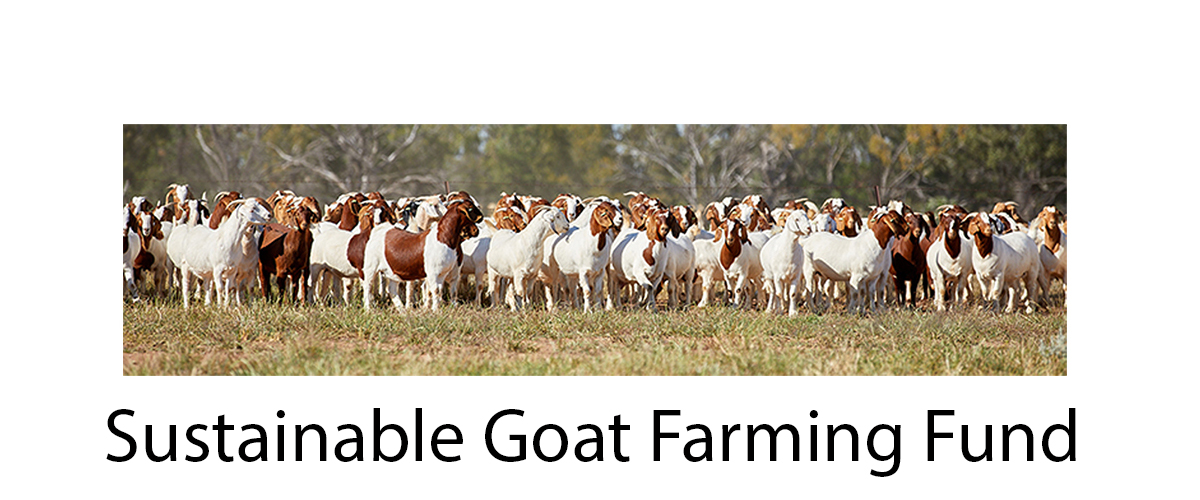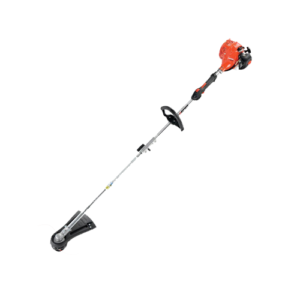Need Support?
| Contact Us |
| Nigeriafarmers.com 6 Adeyemi Sofola Street Ibadan Oyo-State, Nigeria Info@nigeriafarmers.com +234-702-019-2282 |
FAQ didnt solve your problem?
FINANCIAL INSTITUTIONS ASSISTING FARMERS IN NIGERIA
Central Bank of Nigeria
The Central Bank of Nigeria (CBN) is the Central bank and apex monetary authority of Nigeria established by the CBN Act of 1958 and commenced operations on July 1, 1959.
Bank of Agriculture Nigeria
Bank of Agriculture is a Nigerian government sponsored bank that provides credit facilities to both small and large scale farmers and small businesses within rural areas. An outcome of a restructuring of government sponsored micro-credit institutions, the bank was formed in 2000 and assumed the assets of the National Agriculture and Cooperative Bank, People’s Bank and the Family Economic Advancement Project.
Zenith Bank
Incorporated in 1990, Zenith Bank offers retail and SME banking, private banking, corporate and investment banking, foreign exchange, treasury, trade services, and other financial services. In 2004, it became a public limited liability company and subsequently listed on the Nigerian Stock Exchange.
The bank currently serves more than 1.6 million customers and employs about 7,000 staff. It operates through a network of over 500 branches, as well as subsidiaries and representative offices in Ghana, Gambia, South Africa, Sierra Leone, the United Kingdom, China, and UAE (Dubai).
Revenue: NGN 673.64 billion (2017)
Net income: NGN 157.14 billion (2017)
Total assets: NGN 4.83 trillion (2017)
Guaranty Trust Bank (GT Bank)
Founded in 1990, Guaranty Trust Bank (GTBank) started its banking operations in 1991. GTBank offers a full range of financial services, including retail, corporate, investment banking, online/internet banking, and asset management. In 2007, it held its IPO on the London Stock Exchange, becoming the first African bank to list on the LSE.
Headquartered in Lagos, GTBank employs 6,459 individuals and serves over eight million customers. It operates a network of 220 domestic branches, 1,165 ATMs, and 44 e-branches, as well as several branches in other African countries and in the UK.
Revenue: NGN 349.176 billion (2018)
Net income: NGN 186.31 billion (2018)
Total assets: NGN 3.43 trillion (2018)
First Bank of Nigeria
Headquartered in Lagos, First Bank of Nigeria operates through four major Strategic Business Units (SBUs): Retail Banking, Commercial Banking, Corporate Banking, and Public Sector Banking. Established in 1894, FirstBank became a public company in 1970 and joined the Nigerian Stock Exchange in 1971.
The bank oversees subsidiaries in West African countries and the UK, as well as representative offices in Abu Dhabi, Beijing, and Johannesburg. It employs more than 7,000 staff and oversees a network of around 760 branches and over 2,600 ATMs.
Revenue: NGN 469.59 billion (2017)
Net income: NGN 40.01 billion (2017)
Total assets: NGN 5.24 trillion (2017)
Ecobank Nigeria
Founded in 1986, Ecobank Nigeria is a subsidiary of pan-African banking group, Ecobank Transnational Inc. The universal bank offers retail, corporate, wholesale and transaction banking services, as well as capital markets and investment banking services. It operates through three major units: Retail Banking, Wholesale Banking, and Treasury and Financial Institutions. Ecobank currently oversees more than 600 branches across Nigeria.
Revenue: NGN 506.17 billion (2017)
Net income (loss): (NGN 52.6 billion) (2017)
Total assets: NGN 6.26 trillion (2017)
Access Bank
The Central Bank of Nigeria granted Access Bank a commercial banking license in 1988. In 1989, it became a privately owned commercial bank. The bank operates through four major segments: Personal Banking, Business Banking, Commercial Banking, and Corporate and Investment Banking.
Access Bank currently employs 2,965 individuals and operates 317 branches in Nigeria, as well as two branches in the UK and a representative office in the Republic of China, UAE, India (Mumbai), and Lebanon (Beirut).
Revenue: NGN 381.32 billion (2016)
Net income: NGN 71.4 billion (2016)
Total assets: NGN 3.48 trillion (2016)
United Bank for Africa
Founded in 1949 as the British and French Bank Limited (BFB), United Bank for Africa is one of the oldest banks in Nigeria. In 1970, it held an IPO, becoming the first Nigerian bank to list its shares on the Nigerian Stock Exchange. The company caters to retail, commercial, and corporate customers, providing a wide range of financial products and services.
United Bank employs about 12,500 staff and serves more than 14 million customers around the world. It operates a network of over 1,000 branches and touch points, 13,500 POS terminals and 1,740 ATMs in Africa.
Revenue: NGN 222.78 billion (2017)
Net income: NGN 42.34 billion (2017)
Total assets: NGN 3.69 trillion (2017)
Diamond Bank
Diamond Bank started its operations as a private limited liability company in 1991. A decade later, in 2001, the bank received its universal banking license. It offers banking and other financial services to individual and corporate customers, including loans and advances, money market, and corporate finance activities.
The company employs about 4,400 staff and manages over 270 branches and 1,059 ATMs across Nigeria.
Revenue: NGN 203.35 billion (2017)
Net income: NGN 869.44 million (2017)
Total assets: NGN 1.70 trillion (2017)
Union Bank of Nigeria
Founded in 1917 as Colonial Bank, Union Bank of Nigeria offers retail and commercial services to individuals, SMEs, and major corporations. It adopted its current name after it became a wholly-owned Nigerian entity, as well as to comply with the Companies and Allied Matters Act of 1990.
The bank currently employs more than 2,700 individuals and serves 4.3 million customers through a network of 300 sales and service centers, over 950 ATMs, and 7,000 active POS terminals.
Revenue: NGN 157.57 billion (2017)
Net income: NGN 13.18 billion (2017)
Total assets: NGN 1.33 trillion (2017)
Fidelity Bank
Incorporated in 1987, Fidelity Bank started its banking operations in 1988 as a merchant bank. It became a commercial bank in 1999 and obtained its universal banking license two years later. The bank offers a wide range of financial products and services to individual and corporate customers, with a strategic focus on retail and electronic banking, SMEs, and niche corporate banking. It currently oversees 240 business offices, 774 ATMs, and 4,046 POS terminals.
Revenue: NGN 152 billion (2016)
Net income: NGN 9.73 billion (2016)
Total assets: NGN 1.3 trillion (2016)



